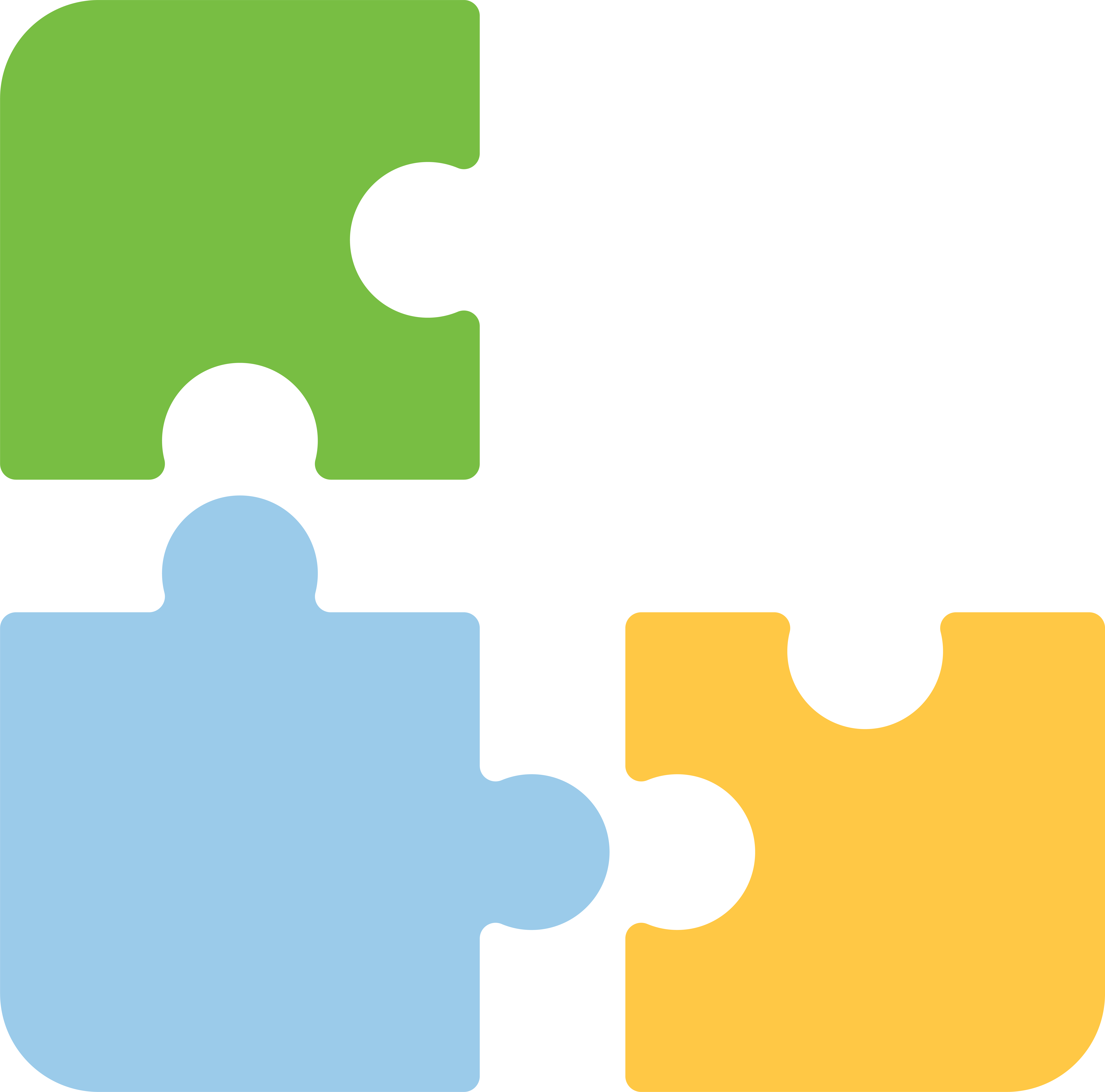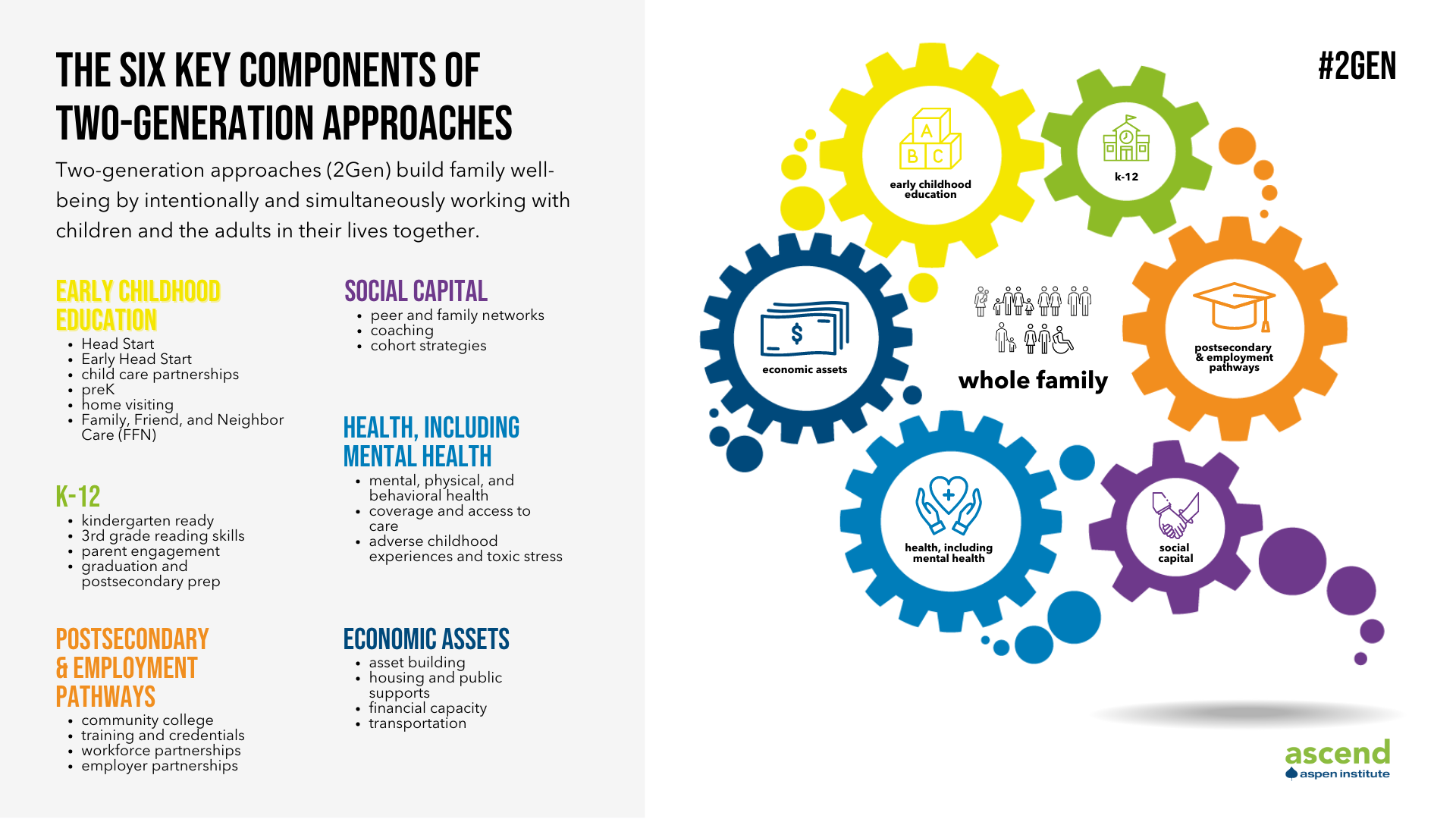Centering family voices for systems change
The Department of Human Services provides grants to organizations throughout Minnesota to engage families in their communities to create innovative program designs, called “prototypes”, to address racial, economic and geographical disparities in human services and outcomes. This innovative design puts families' voices at the center of solution making and program design.
The department provides support with program development, evaluation services and collaboration opportunities to identify and break down policy, practice, and program barriers. Through frequent testing of solutions and an evaluation process focused on highlighting systemic barriers, this work identifies opportunities for system change at all levels.
The organizations share what they have learned through structured feedback loops with the state and each other at regular check-ins and network learning gatherings. The lessons learned from the prototypes are used to inform state-level policy, which can include drafting legislation, state agency administrative change or guidance, county administrative change, federal change and making new tools or technology available.
A whole family approach
Whole Family System Initiative's vision is to enable and support whole family approaches and responses to families’ challenges that encompass all aspects of their lives, including well-being, family preservation, housing, childcare, health and economic stability.
A whole family approach allows caregivers' experiences to be heard and affirmed. Families get the support they need to build toward the life they dreamed. Children get what they need to grow and thrive, they know they can lean on their family and community to feel safe and cared for. Workers are enabled to listen to the families voices and respond to inequities in experiences and outcomes, allowing services to be more customized and culturally relevant.
Ascend at Aspen Institute and Whole Family Systems Initiative
Minnesota has worked closely with Ascend Aspen Institute for nearly a decade. The Aspen Institute Six Key Components were foundational in creating the structure, vision and objectives of Minnesota's systems change work. The six key components recognize the interconnectedness of a families' well-being and ability to thrive. Whole Family Systems Initiative leverages this model to create holistic, multi-generational solutions to create equitable access to improve financial stability, social capital, health care and quality education.
Ascend at Aspen Institute published a case study on Minnesota's systems change work and approach to achieving family well-being through whole family approaches.

Working together for equitable outcomes
Whole Family Systems Initiative brings together and expands upon the work and lessons from the Economic Assistance and Employment Services Division’s 2-Generation Policy Network (cohort 1), the Child Care Services Division’s Early Childhood Systems Reform project and the Child Safety and Permanency Division's work to bring equitable outcomes in child welfare.
In 2019, these three divisions in the Children and Family Services Administration combined funding to offer grants for a second cohort of seven local organizations called Whole Family Systems Initiative.
Promising Prototypes
Grantees work with families to create innovative program designs called “prototypes,” which address racial disparities in human services and outcomes facing the families in their community. Learn more about the prototypes from each cohort on the 2-Generation Policy Network and Whole Family Systems Initiative pages.
Peoples Prosperity Guaranteed Income
The City of Saint Paul launched the Peoples' Prosperity Guaranteed Income Pilot in 2020. This innovative program provided 150 Saint Paul families with $500 per month in guaranteed income for 18 months. The pilot's goal was simple: get cash to families with no strings attached so they can buy things they need, like food, housing and other essentials.
"The Peoples' Prosperity Pilot was a life raft and felt like a brighter pathway opened up for my kids and a little weight - a big weight, actually - just kind of lifted."
WorkForce One Connect App
The 2-Generation Policy Network partnered with the University of Minnesota’s Future Services Institute (FSI) to develop, implement and pilot a communication app for participants of the Minnesota Family Investment Program (MFIP, Minnesota’s TANF program) in several counties from 2016 - 2021. Beginning in 2019, Department of Human Services partnered with Department of Employment and Economic Development to build an updated mobile app called WF1 Connect App for people participating in both programs.
The app is now available to MFIP and Child Care Assistance participants across the state as well as participants of more than 15 other DEED programs. DEED and Department of Human Services won a Golden GOVIT award for the work they did on scaling the MFIP Connect App prototype to the WF1 Connect App.
Bright Beginnings
The goal of the Bright Beginnings Recovery Support Program is to support American Indian women who are pregnant or parenting an infant, who have a history of substance use disorder, and who either have a history with the child welfare system or are at risk of involvement with the child welfare system. Support is designed to help parents have healthy babies, achieve stable long-term recovery from substance abuse, avoid involvement/re-involvement with the child protection system, and create a healthy, stable, nurturing family/home environment for their families in which their children can grow and thrive.
More from Whole Family Systems
Cohort 1: 2-Generation Policy Network (2017 - 2021)
2-Generation Policy Network was the first iteration of Minnesota’s system change work. It was designed to advance two-generation approaches to policies and practices that improve outcomes for children and parents, together.
Cohort 2: Whole Family Systems Initiative (2019 - 2024)
Whole Family Systems Initiative provided grants to support seven organizations across Minnesota in a multi-year, co-creative process. The project expands upon whole family approaches to uncover and address the systemic racial, geographic and economic inequities families face when accessing state services.
The process: How change happens
The process encourages a system of collaboration and feedback from families, site teams and state agency partners to diagnose problems, develop prototypes, understand policy barriers, evaluate progress, and remove system barriers in programs, practices and policies.
Partners in change
Whole Family Systems Initiative is a collaborative partnership to create system change. The work can only be accomplished by working together with partners at all levels of the system.
Resources, tools and events
We’ve developed resources and tools to support individuals and teams interested in furthering their whole family systems work – building it into everyday practice and guiding policy decisions.








